Besides his many proven crimes, Mexican guerrilla leader Pancho Villa was also accused in some circles of being responsible for one of the most celebrated disappearances in American history—the vanishing of controversial author-journalist Ambrose Bierce in December 1913. But though Bierce had announced publicly that he was going to Mexico to observe the fighting, there is no evidence tying Villa to his disappearance. Indeed, there is no evidence that Bierce ever went to Mexico at all. It may well have been his last morbid practical joke in a life filled with them.
Serving in the Union Army in the Civil War, “Bitter Bierce” probably saw more combat than any other American writer, before or after. A native of Indiana, he enlisted at the beginning of the war and served with General George McClellan in West Virginia before being transferred to the western theater of the war. There, he fought with the 9th Indiana Infantry in one major battle after another—Shiloh, Corinth, Perryville, Stones River, Chickamauga, and Missionary Ridge, before being shot in the head and nearly killed at Kennesaw Mountain, Georgia. He returned to duty in time to participate in the closing battles at Franklin and Nashville, and was honorably discharged in January 1865.
Bierce’s inarguably heroic war record did not make him a lifelong patriot—much the opposite. Patriotism, he said, was not “the last refuge of a scoundrel,” as Samuel Johnson had famously defined it. “I beg to submit that it is the first.” Among the many twisted definitions Bierce produced for his most famous work, The Devil’s Dictionary, he defined patriot as “the dupe of statesmen and the tool of conquerors,” and patriotism as “combustible rubbish ready to the torch of anyone ambitious to illuminate his name.” History itself was “an account mostly false, of events mostly unimportant, which are brought about by rulers mostly knaves, and soldiers mostly fools.”
For the next four decades, Bierce honed his rapier wit as a newspaper columnist in San Francisco, where he observed with tart dissatisfaction the daily doings of “that immortal ass, the average man.” The various targets of his printed abuse ranged from the mightiest and most rapacious robber baron to the meekest and least-offensive female poet. He wrote with such force and authority that when he signed his columns with his first two initials, “AG,” one rival journalist joked, many people simply assumed that the letters stood for “Almighty God.”
When the Mexican revolution worsened in 1913, Bierce was 71 years old and openly bored with life. “This fighting in Mexico interests me,” he told a friend. “I want to go down and see if these Mexicans can shoot straight.” To his niece, Lora, he bade a characteristically cryptic farewell: “Good-bye—if you hear of me being stood up against a Mexican stone wall and shot to rags please know that I think that a pretty good way to depart this life. It beats old age, disease, or falling down the cellar stairs. To be a Gringo in Mexico—ah, that is euthanasia!”
After Bierce permanently failed to reappear, rumors swirled that he had been killed by Pancho Villa himself, or by a Villa henchman. Villa denied it; he had never even met Ambrose Bierce, he said. Given the fact that Villa was perhaps the most famous person in the world in late 1913, it is highly unlikely that he would have been able to shoot down one of the most prominent American journalists of the time without someone in his large press contingent noticing it. As it was, none of the dozens of experienced war reporters attached to Villa’s camp ever saw Bierce, either.
For once, Villa seems to have been telling the truth. Given the complete lack of any Bierce sightings in Mexico, it is more likely that the old scamp simply followed through on another of his boasts, that he would kill himself in the Grand Canyon with his German-made revolver, and that “nobody will ever find my bones.” To date, no one has.
Roy Morris Jr.
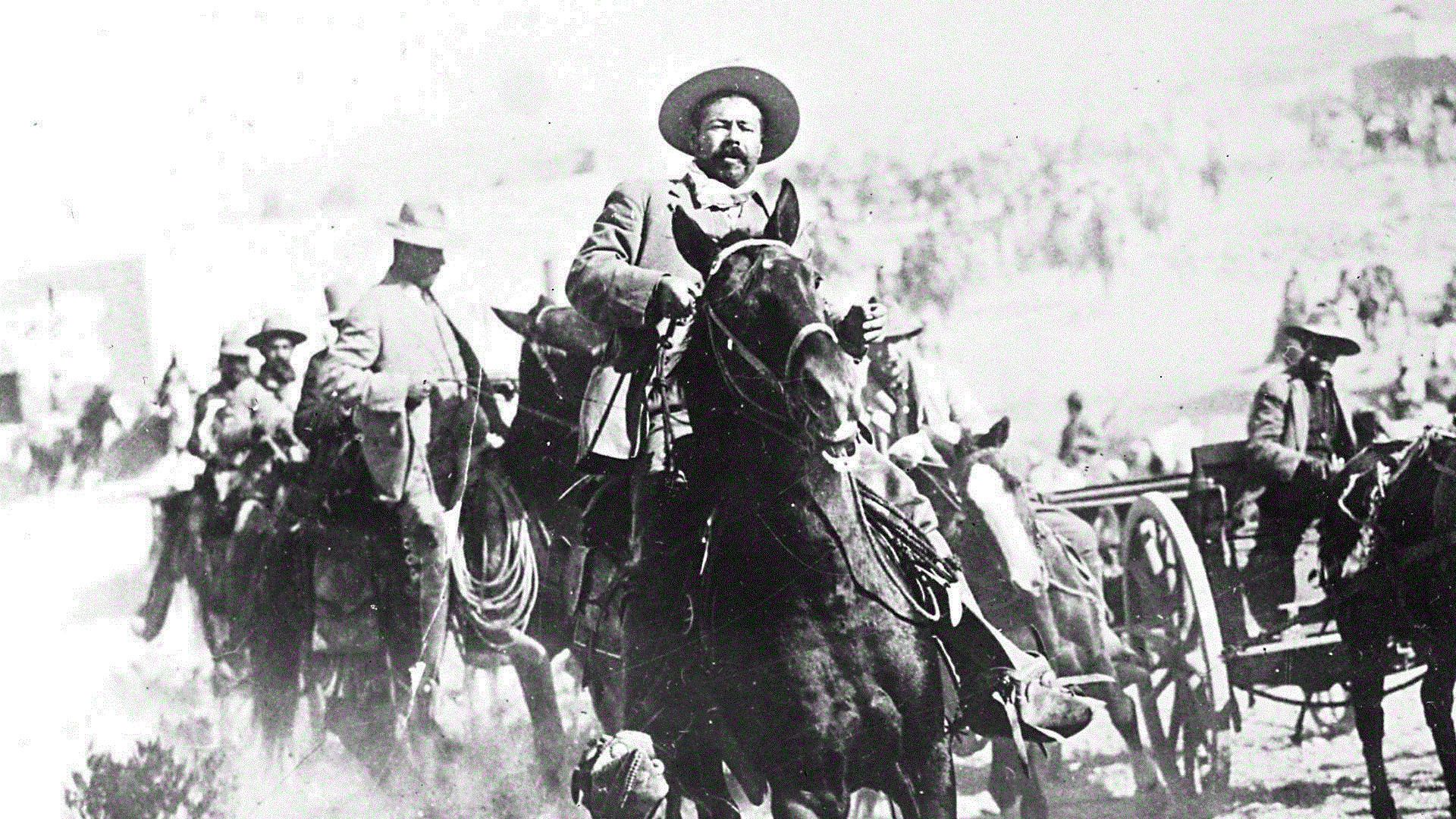

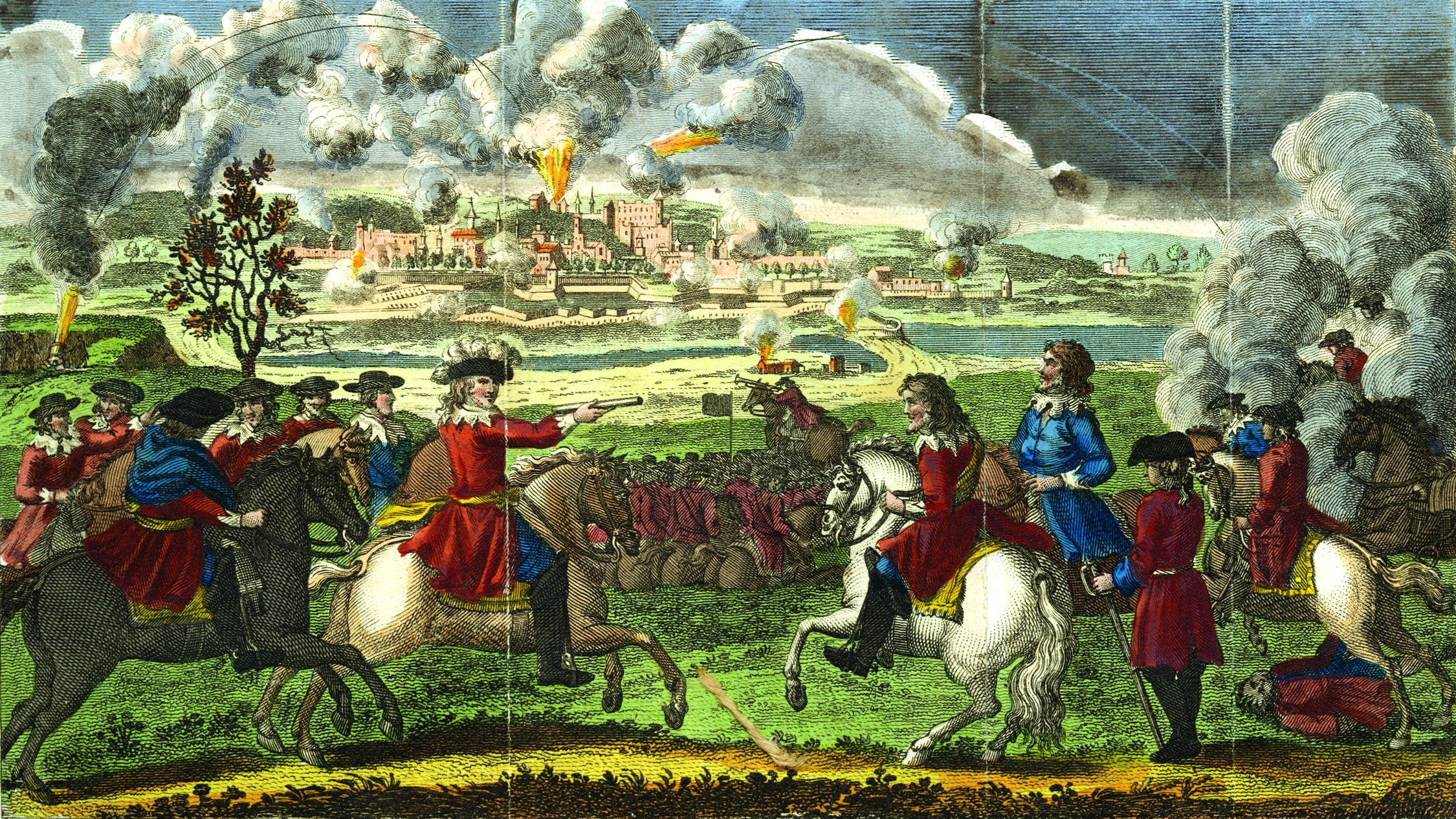
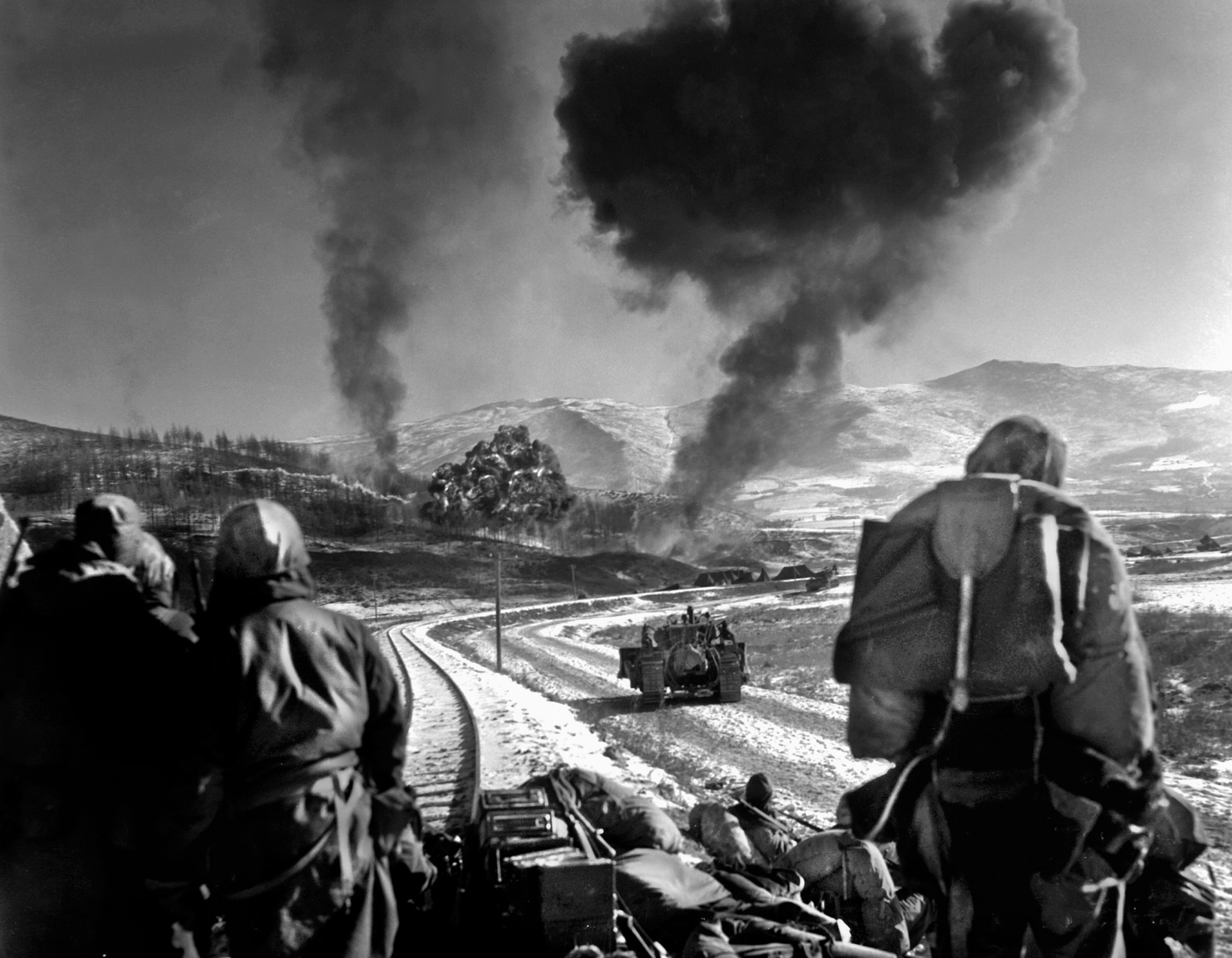
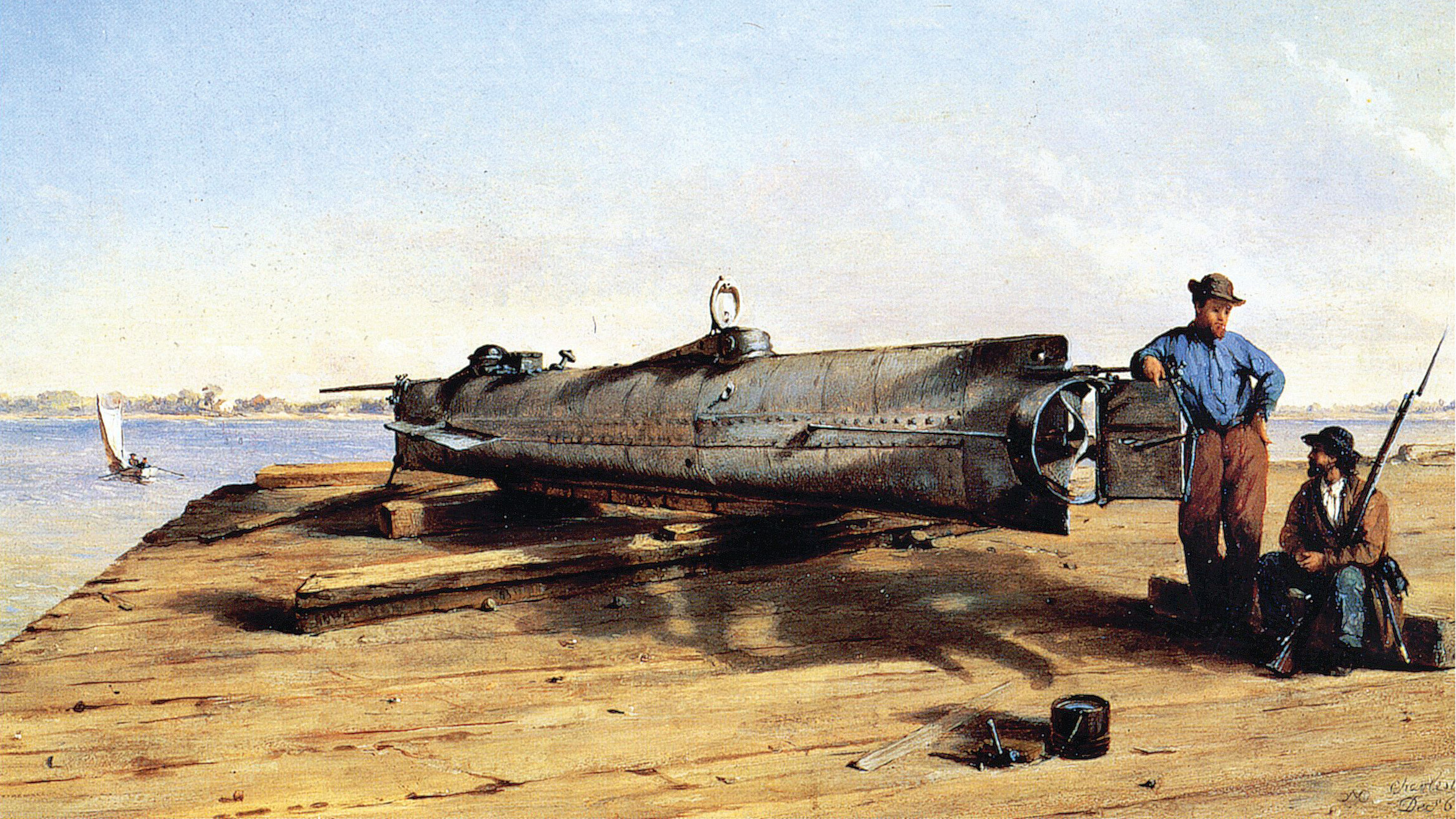
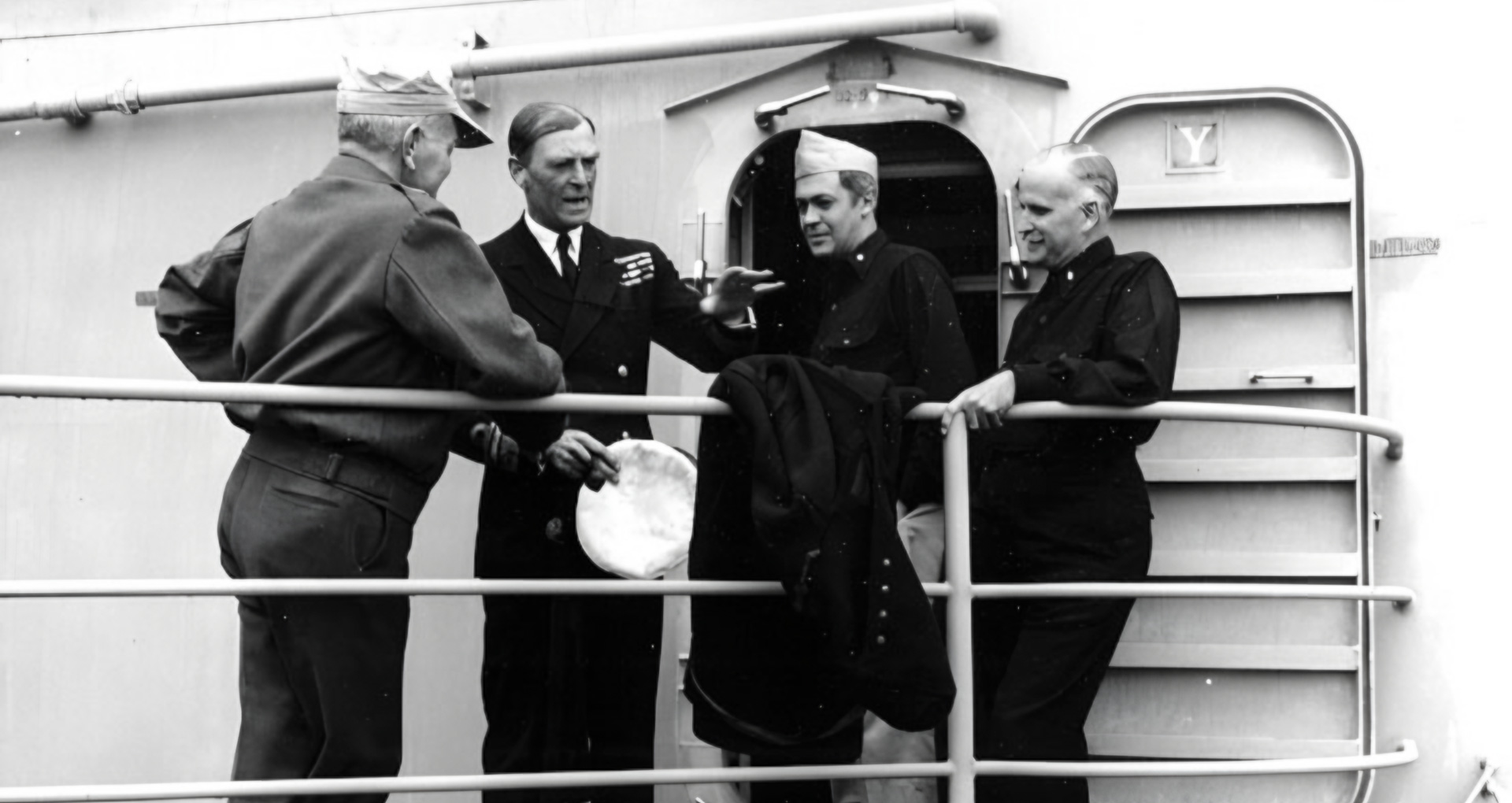
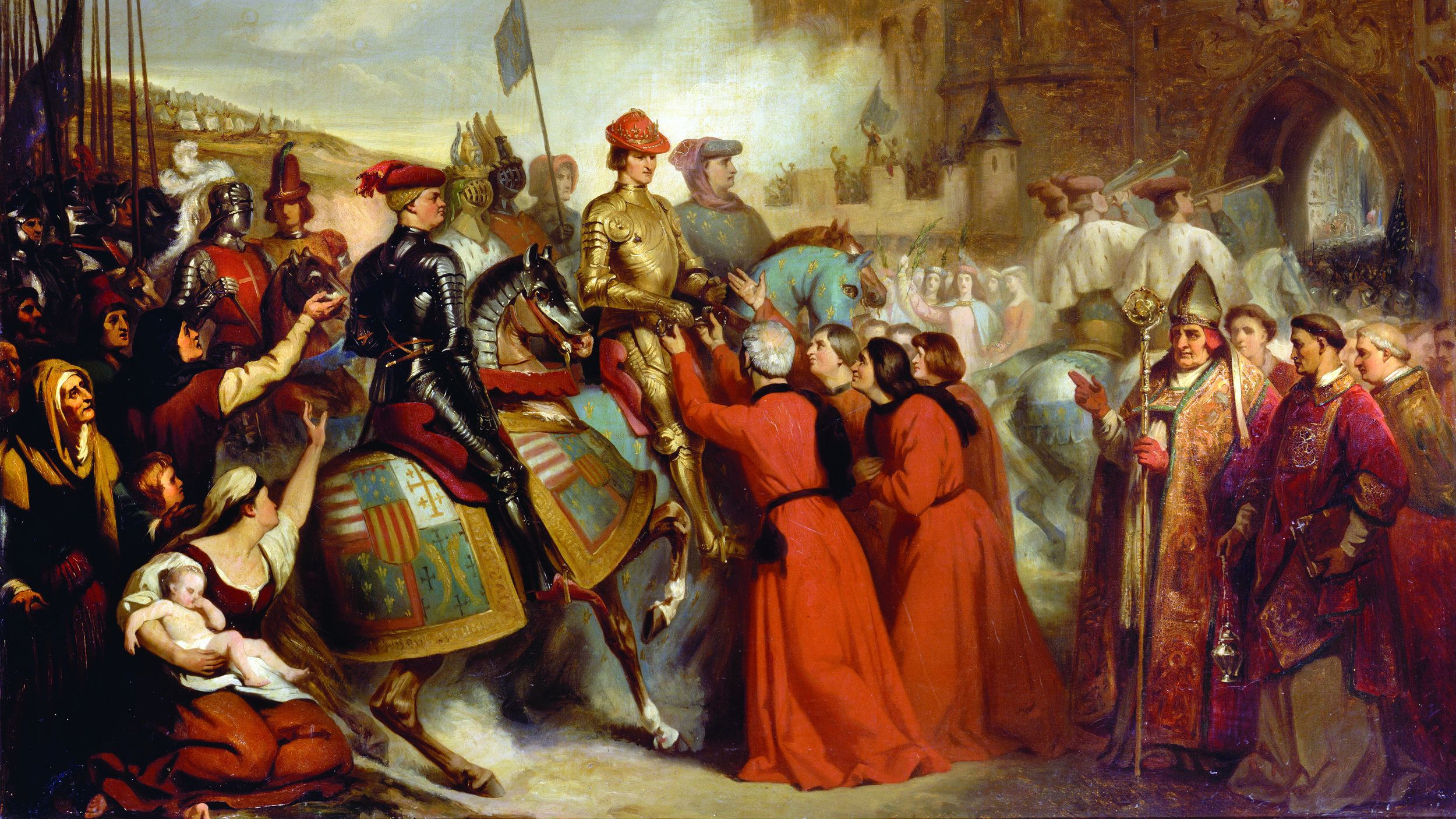
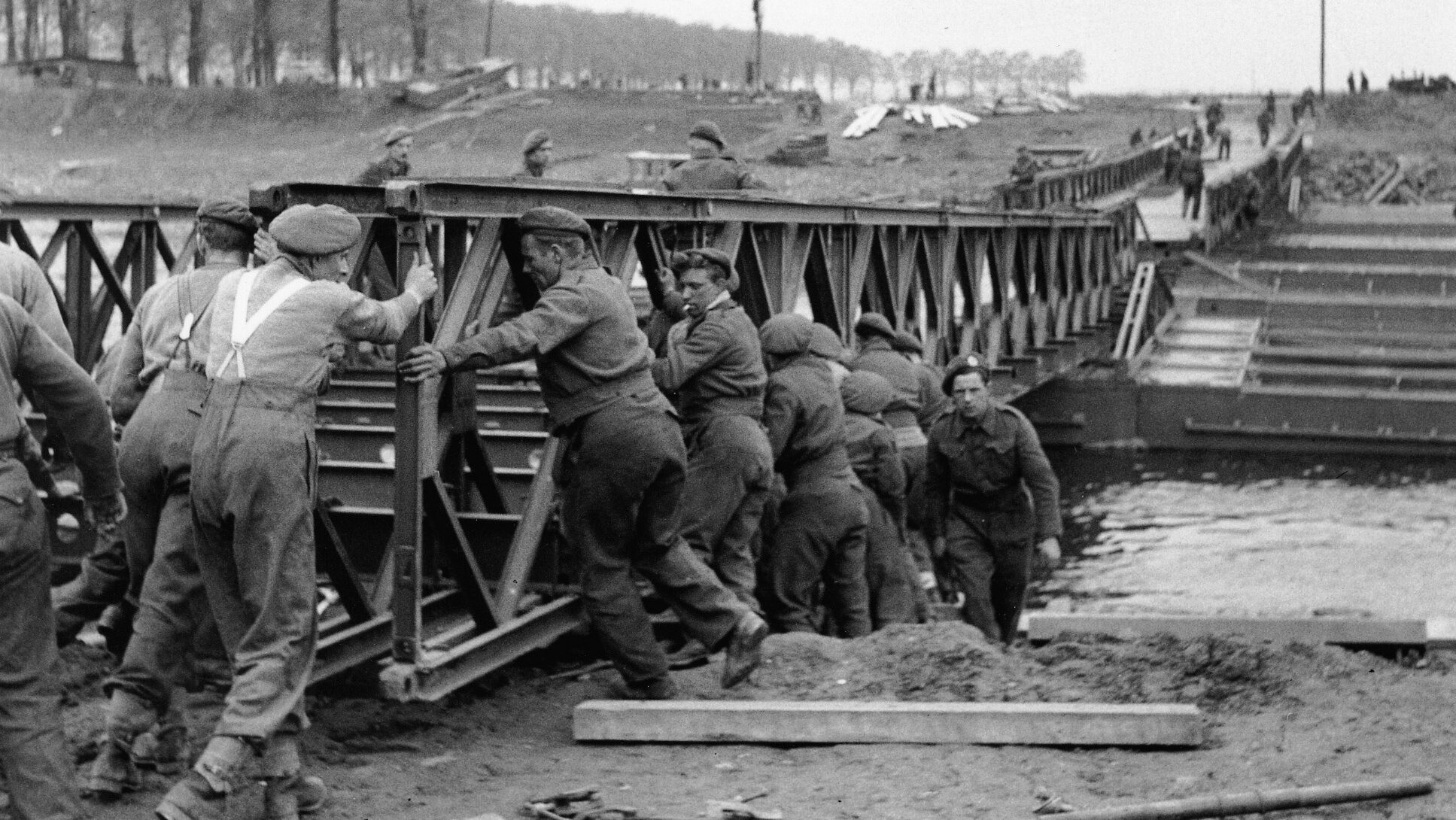
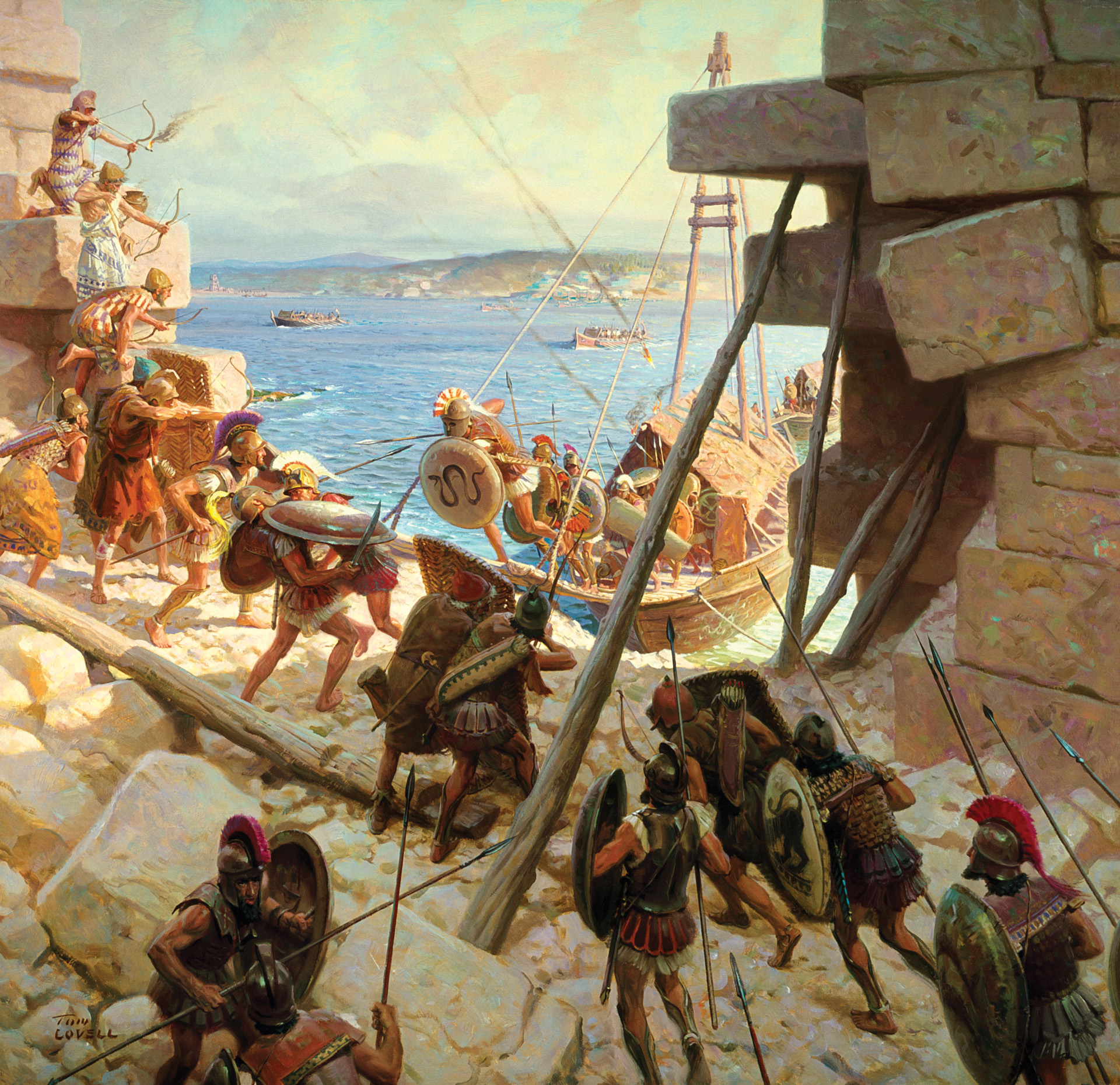
I was very taken with Bierce’s writing as a young man, both his satire and some of his short stories, like Incident at Owl Creek Bridge, which is a darkly brilliant Civil War story and should be available online for free.
I had no idea he was in so many battles. Nor that he was reputedly shot by Villa! Even if that is not true.
Thx for an interesting article.